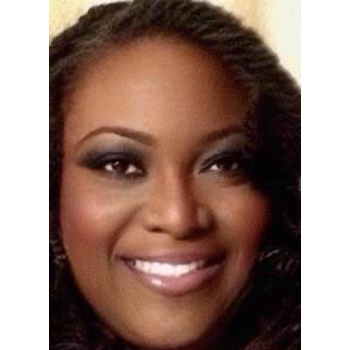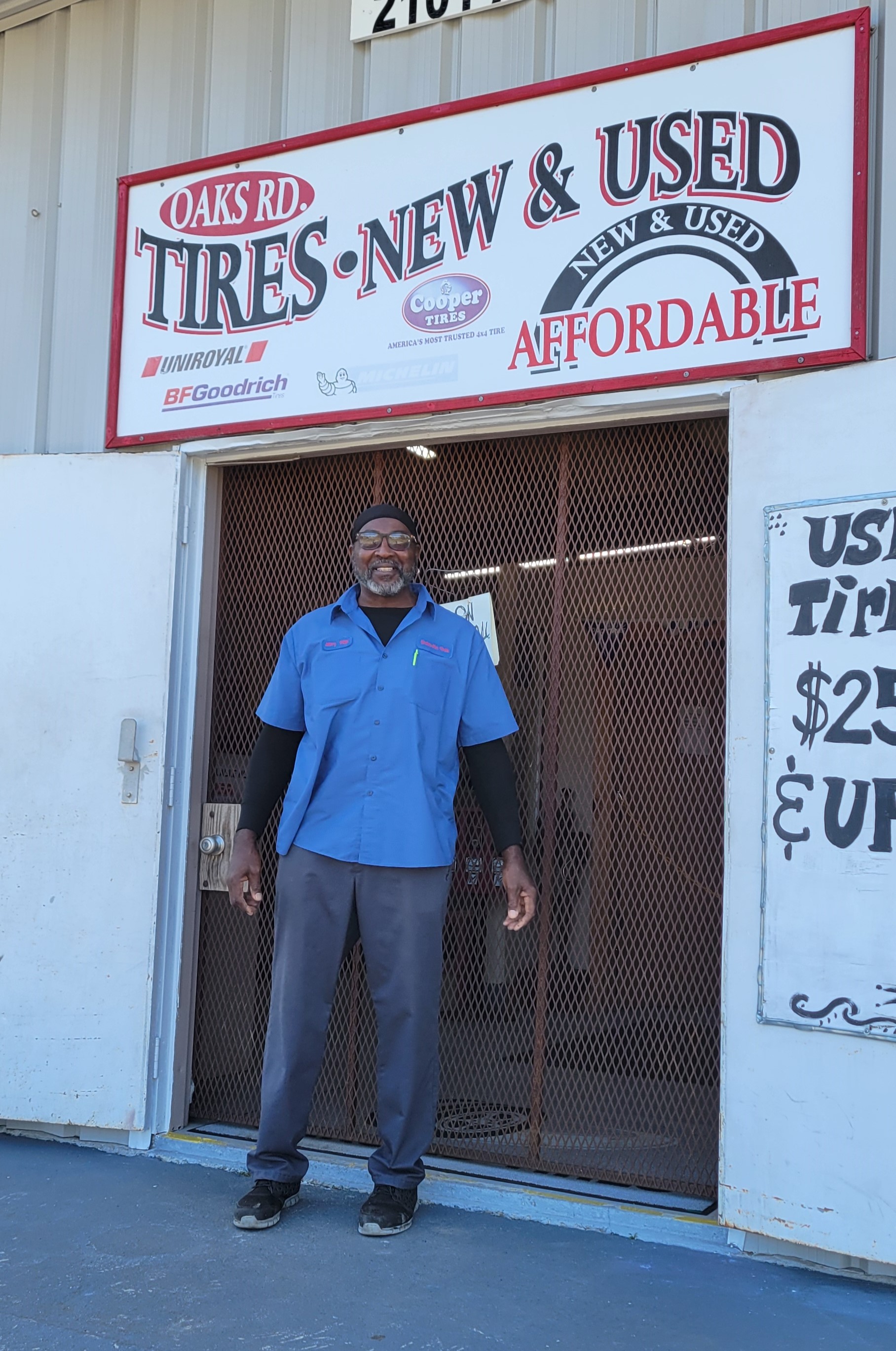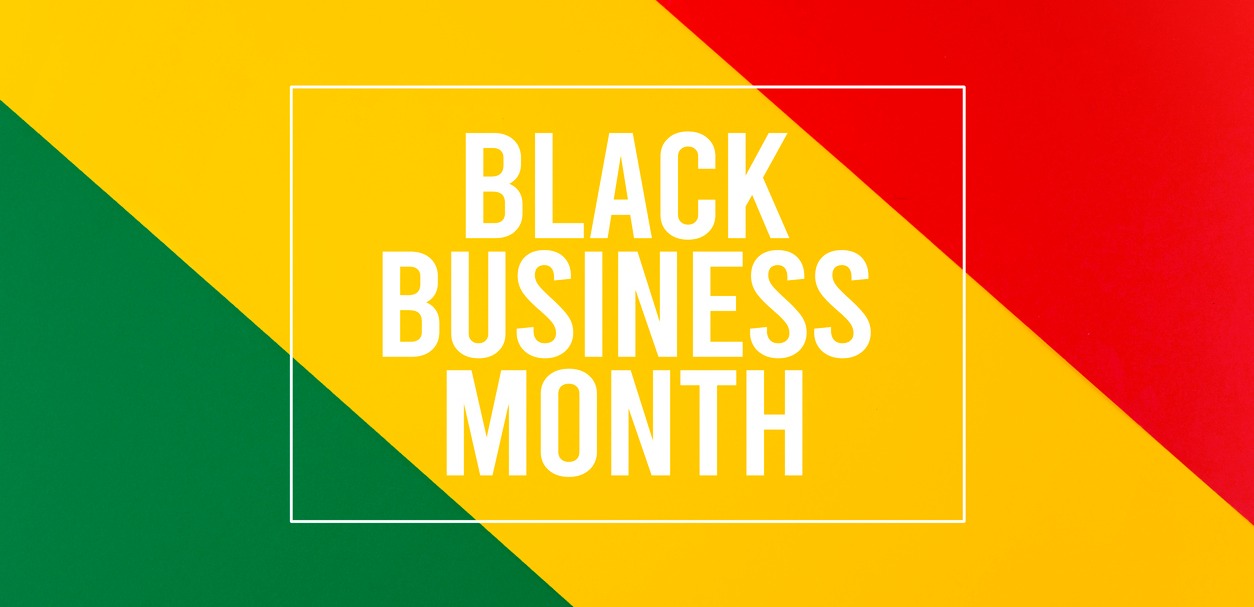Leadership Profiles
Socially Responsible Investing

Ebony Perkins, Investor and Community Relations Manager
Ebony Perkins is a dedicated, solution-oriented social entrepreneur whose heartbeat is community. She has a demonstrated ability of working with investors and philanthropists to help them make smart and strategic decisions. As Self-Help's Investor & Community Relations Manager, Ebony helps groups and individuals invest funds in a socially responsible financial institution that supports communities of all kinds, especially those underserved by conventional lenders. Before that role, she served as the Donor Relations Manager at Central Carolina Community Foundation where she managed a system to engage and educate over 400 individuals and groups to help them achieve their charitable goals.
Ebony’s commitment to community investing is evident by her service and contributions to Women In Philanthropy, Durham Center for Senior Life, and the University of North Carolina MPA Alumni Board. Ebony was also recognized on the SRI Conference's inaugural 30 Under 30 List.
Ebony holds a Master of Public Administration from the University of North Carolina at Chapel Hill and a Bachelor of Science in Marketing from Claflin University as a summa cum laude graduate. She also has an Executive Certificate in Financial Planning from Duke University.

Nuray Ozbay, Policy and Impact Investment Associate
Nuray Ozbay leads Self Help’s efforts to cultivate mission-supportive depositors and impact investors within and beyond Self-Help’s California footprint. As a global movement and relationship builder, Nuray loves working with change-makers across non-profit, corporate, and public sectors. Her expertise is in intersectional gender equality, global civil society activism, social justice, and ESG investing. Nuray currently serves as a Board Director at the UN Women San Francisco Chapter and a National Expert on Violence Against Women at the European Women’s Lobby, the largest umbrella organization of women’s associations across Europe. Before joining Self-Help, Nuray spent 11 years in the social impact sector as a researcher, consultant, and non-profit leader across Turkey and Europe, working on issues including but not limited to immigration, women’s access to economy, financial literacy & inclusion, entrepreneurship, and care economy.

Kimberly Jones, Investment Associate
Kimberly's professional career spans both the nonprofit and community development financial services sectors, with expansive senior leadership roles in arts management; business and resource development; community relations; and corporate philanthropy. Currently, she's Self-Help's Investor Relations Manager, where she helps individuals and institutions align their banking and investments with their mission, vision, and values. Kimberly has held leadership positions that advanced the missions of creative organizations and community development financial institutions seeking to make a difference in communities in their footprint. She has been a founding board member of mission driven organizations that supported the growth and development of young artists, creatives, and professionals in the nonprofit sector.
In 2015, Kimberly was selected to be a PLACES Fellow with The Funders Network, where she explored the role of philanthropy through an equity lens in low to moderate income communities. She has served as a grant/award reviewer for organizations that championed organizational excellence, community development, and environmental sustainability. Kimberly has a BA in Political Science from the University of Minnesota-Morris and an MA in Arts, Entertainment, and Media Management from Columbia College Chicago.
Green Economy; Sustainable Society; Investing for the Environment
Melissa Malkin-Weber, Sustainability Director
Melissa has worked across a broad span of hands-on sustainability practices. At Self-Help Credit Union, she integrates the triple bottom line into the organization’s financial products, operations, and buildings portfolio. She led Self-Help to realize over $1.7 million in net present value from initiatives in this sector, including $180,000 energy savings in our own operations. Melissa previously directed the residential energy efficiency and indoor air quality research program at Advanced Energy and worked in industrial pollution prevention at RTI International. She earned her law degree from University of Michigan, and her Master's from UNC’s School of Public Health.
Shondra Tanner, Mortgage Lending
Shondra Owens Tanner brings her extensive experience and commitment to making mortgage loans for low-wealth families to her position as Self-Help's Director of Mortgage Originations, where she oversees all North Carolina home loan origination and new business development. Shondra's areas of expertise includes buying your first home, mortgage basics (documentation, closing costs, down payments), delinquency and loss mitigation (What is a forbearance and loan modification and what does that do to your credit?)
Deflated, but Not Defeated: Perseverance in the Face of Predatory Lending

Jerry, in front of his business, Oaks Road Tires, in New Bern, NC.
August is National Black Business Month, which provides a chance for consumers and proprietors to celebrate and empower Black businesses, give them a platform to grow, and help build wealth for Black Americans. It is also a time to recognize
the impact of Black businesses and the historical challenges they often face.
In honor of Black Business Month, we are featuring a Black business owner named Jerry, whose story is an amazing example of perseverance in the face of predatory lending. According to the Center of Responsible Lending, people of color are two to three times more likely to receive an abusive loan, which is why pushing back against abusive lending practices must
be part of helping Black communities thrive.
In this blog post, we will be sharing Jerry’s story, information on predatory lending, and a short background of Black Business Month.
Jerry’s Story of Perseverance in Rural North Carolina

Jerry owns Oaks Road Tires in New Bern, North Carolina. It was early 2024 when he had an exciting decision to make. He had been operating his tire shop and auto service center for over a decade in the same location, and now his landlord was offering
to sell him the property. Feeling pressure to act quickly, Jerry secured financing. Unfortunately, the rush didn’t allow Jerry to explore many financing options, and he ended up in a predatory loan.
The loan's very high 36% interest rate resulted in required payments of $2,000 per week (over $8,000 a month), which was much higher than he’d been paying in rent, and the exploitative terms stated that the rate would jump to 46% after
a single missed payment. There was also a substantial prepayment penalty, making it difficult to refinance the debt with better terms, and effectively trapping Jerry in the loan.
Jerry purchased the property and continued operating his tire and service center, providing tire sales, auto repairs and state inspections to his community, but he struggled to make the required weekly payments. Unfortunately, he ended up
missing a payment, triggering the jump from 36% to 46% interest, which then made it even harder to continue making the weekly payments. Adding to these challenges, Jerry was dealing with the loss of a close family member. When the
lender initiated foreclosure proceedings, with all the attendant fees and penalties, Jerry feared he might lose not only his real estate, but his business altogether.
Jerry reached out to Self-Help and began working with one of our loan officers, Jennifer Sherwin, who recognized the urgency of his situation: if the loan wasn’t refinanced quickly, the lender would foreclose and seize the real estate. Despite
the complex refinancing process and the predatory loan's substantial prepayment penalties, Self-Help was able to offer Jerry a refinanced loan with a much lower interest rate of 8.12% and monthly payments around $3,500 — less than
half what he had been paying.
Businesses like Jerry’s are a valuable community resource. Supporting business owners in owning real estate outright creates not only wealth for those individual entrepreneurs, but also stability and growth for communities.
Predatory Lending & How to Avoid It
Predatory lending can appear to be a helpful solution when you need funds quickly, but predatory lenders prey on vulnerable communities in challenging situations and trap them in cycles of debt that become increasingly challenging to get out of.
High Annual Percentage Rates – Common predatory loans like payday loans and title loans often come with high interest rates that can even go into the triple digits. These rates can result in high costs that force people into a cycle
of re-borrowing to cover the rates.
Big Fees – In addition to the already high interest rates, predatory lenders will often have steep fees like high points or discount points. These are the fees that lenders charge for making the loan. This should be 3% or less of
the loan amount, but predatory lenders will often tell borrowers that they need to charge more because the borrower’s credit is so bad — this is untrue. Research fees in your area before going to a potential lender and
avoid a lender that charges point fees of more than 3% on top of the interest rate.
Expensive terms – Predatory lenders will often charge high penalties in their terms, such as high early repayment penalties or a jump in your interest rate if you miss a payment. You can often expect some kind of early repayment
penalty in the form of a flat fee or a small percentage of the remaining balance, but lenders should not be charging all of what you would have paid in interest if you had kept the loan.
Manipulative tactics – Predatory lenders will pressure you into making quick decisions by telling you that they are the only ones who can help you, offering you a bad deal on a loan with the promise that you will have a better refinancing
option later, selling you services you don’t need, and more.
Easy approval – Responsible lenders will pull your credit, verify your income, and ask about monthly obligations. If a lender skips these steps and asks for colla teral instead, like a car title, this is predatory behavior and that
asset will be at risk if you can’t keep up with your payments.
More documents – After you sign your loan, there shouldn’t be any more documentation you have to sign. Predatory lenders will come back to you with more paperwork at later stages. This could be a warning sign that fraud is
being committed. Also, don’t sign paperwork with blanks that will be filled in later – you want to be sure of exactly what you’re being asked to agree to.
Predatory lending can be hard to avoid because these lenders are often good at targeting communities and individuals that need it. Learn more about our sister organization, CRL, and its efforts to curb predatory lending: Staying Ahead of the Latest Lending Abuses .
For responsible, affordable loans, visit your local credit union or community development financial institution (CDFI). These institutions, like Self-Help, are built to support underserved communities and will work with you to find financing that’s
right for you. Check out our small business loans and other loans if you need financing.
About Black Business Month

According to Black Enterprise, the roots of National Black Business Month go back to 2004, when August was designated as such by two Black entrepreneurs, Frederick E. Jordan and John William Templeton.
Jordan wanted to showcase and encourage Black business owners like himself after he endured major obstacles. The duo aimed to drive policies affecting Black businesses and to empower Black business owners, given the challenges they often face.
This month now serves as a time for people to consciously redirect a portion of our spending toward Black-owned businesses to help offset the systemic inequities that often prevent Black business owners from gaining access to funding and opportunities.
You can learn about some of the barriers that Black business owners face in a previous blog post.
In addition to supporting individual members of the Black community, patronizing Black businesses also has additional societal benefits, as Black business owners are more likely to hire diverse employees and invest in their communities.
At Self-Help, we understand and celebrate the value of businesses owned by underserved communities, which is why we encourage you to join us in supporting Black-owned businesses year-round. Happy Black Business Month.